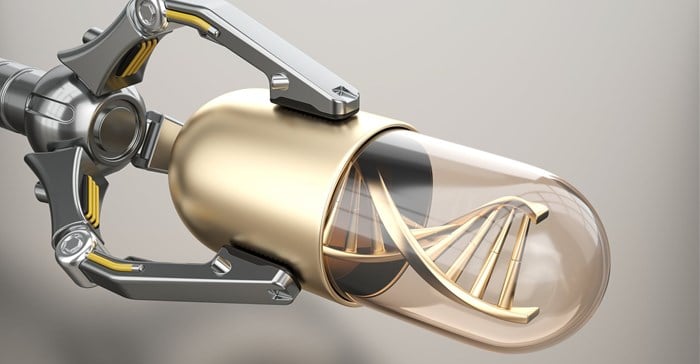Marketing & Media trends
Industry trends
BizTrends Sponsors
Trending
#BizTrends2020: Where tech will take healthcare

The fourth industrial revolution is not way off on the horizon anymore, it already exists. “Technology is moving at such a phenomenal pace that it’s hard to keep up,” says Dr Riaz Montara, cardiologist and medical entrepreneur. His company, BrandMed, focuses on connected healthcare solutions.
“Drugs alone are not enough to manage disease and the disease burden will become unmanageable unless innovative solutions are implemented.”
Home monitoring
When it comes to dealing with non-communicable diseases (NCDs), the concept of one-size-fits-all solutions no longer apply,” he says.
Patients often aren’t empowered to know what to do with information on their state of health. “In a study comprising 900 patients, 90% of the patients weren’t told their risk factor by doctors,” he says.
The growing market of home monitoring apps that measure health risk factors such as blood pressure and glucose levels taps into the concept of putting patients in control of their health by providing them a built-in risk analysis. “Technology is empowering patients in knowing what’s wrong with them and gives doctors the opportunity to interact with patients,” he says.
Pharmacogenomics
Research now shows that genomics are playing an increasingly important role in how individuals react to treatment regimens. “You can do a test that measures your response to drugs, and you can keep a diary on your phone,” Montara says.
By collecting this data, we are creating a biobank of DNA. Our genes are critically important to treatment outcomes,” he says.
Adherence
Technology empowers patients in knowing what’s wrong with them, and allows doctors to communicate directly with them through the camera in their phones. Armed with more knowledge, patients are more likely to adhere to monitoring their condition and taking their medication.
Artificial intelligence
Montara predicts that artificial intelligence (AI) will have a significant impact on the doctor/patient relationship. “In the next five to 10 years, things are going to change profoundly.”
Sensors will more accurately diagnose disease and doctors will end up as more as psychologists. “We will still need the human relationship, and doctors will still be needed in acute care.”











